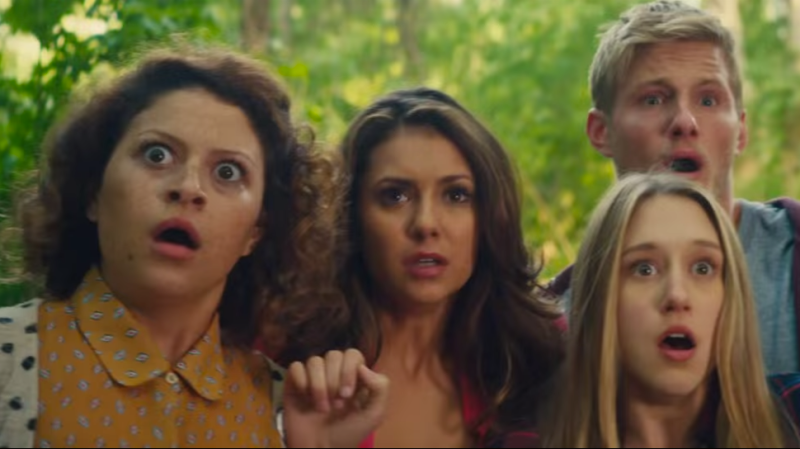The Intersection: Context, Honor, and the Strong Female Character™

I told myself I wouldn’t write this essay. I’m not a fan of publicly criticizing another writer’s work, particularly a living author’s work. I’ll never do that to anyone. It’s not cool, and it’s definitely not professional. However, there’s a distinction between criticizing a work in order to make yourself look bigger and genuinely criticizing a work because it’s a culturally significant piece requiring extensive deconstruction in order to examine its effect upon those who it is supposedly supporting. I’ve had this discussion with other authors who happen to be women—and well…it’s time, guys. I’ll add that if you’re a fan of the novels I’m about to discuss, no matter your gender, good for you. I’m happy you found something you enjoy. That’s what SF fandom is all about: finding the thing you love. I don’t disrespect fans for their fandom. Therefore, the following is not a personal attack. It doesn’t mean the author is a bad person, either. It doesn’t even mean that the series in question should never have gotten published.[1] Got it? Cool. [deep breath] Now, let’s do this.
The Intersection: Dear Horror Genre, Let’s Talk

Dearest Reader, I hope you don’t mind taking a side-quest into Horror today. Horror, as I see it, is related to Science Fiction and Fantasy. Yes, it’s its own entity, but it’s related via Surrealism. Sometimes they’re so closely related that it’s difficult to separate one from the other. (See Alien, Invasion of the Body Snatchers, Attack the Block, Pitch Black, and Event Horizon to name a few.) I used to consume a great deal of Horror[1], but at a certain point I no longer felt safe or welcome — even as a viewer. So, I left it behind, but I think I may be wandering back in thanks to a number of new releases and well, a certain podcast that I’d also like to recommend. (Women in Caskets, I’m looking at you. :)) WiCs reminded me of how much I miss Horror, and of how much I’ve missed. Understand that I say the following out of love. I believe it’s entirely possible to love something and criticize it at the same time. In fact, I feel taking a more nuanced position regarding the subject of one’s fandom is being a responsible fan. That’s a notion you’re going to see addressed over and over in this column. Get used to it. And yes, I am a fan. Writers are some of the biggest fans out there. Also, understand that I am, in part, speaking to myself as a writer. Due to my resolution to weed systemic oppression out of my work, I’ve come to know that I’ve internalized an impossible amount of misogyny, racism, and other forms of oppression. It’s hard work, ridding my creative garden of all those awful weeds. The roots go deep. This, from someone who is actively working on it. I don’t expect perfection. As I’ve said before, human beings aren’t capable of being perfect. However, being a better human, a better writer, and a better fan is one of my main goals in life. So, here goes.

